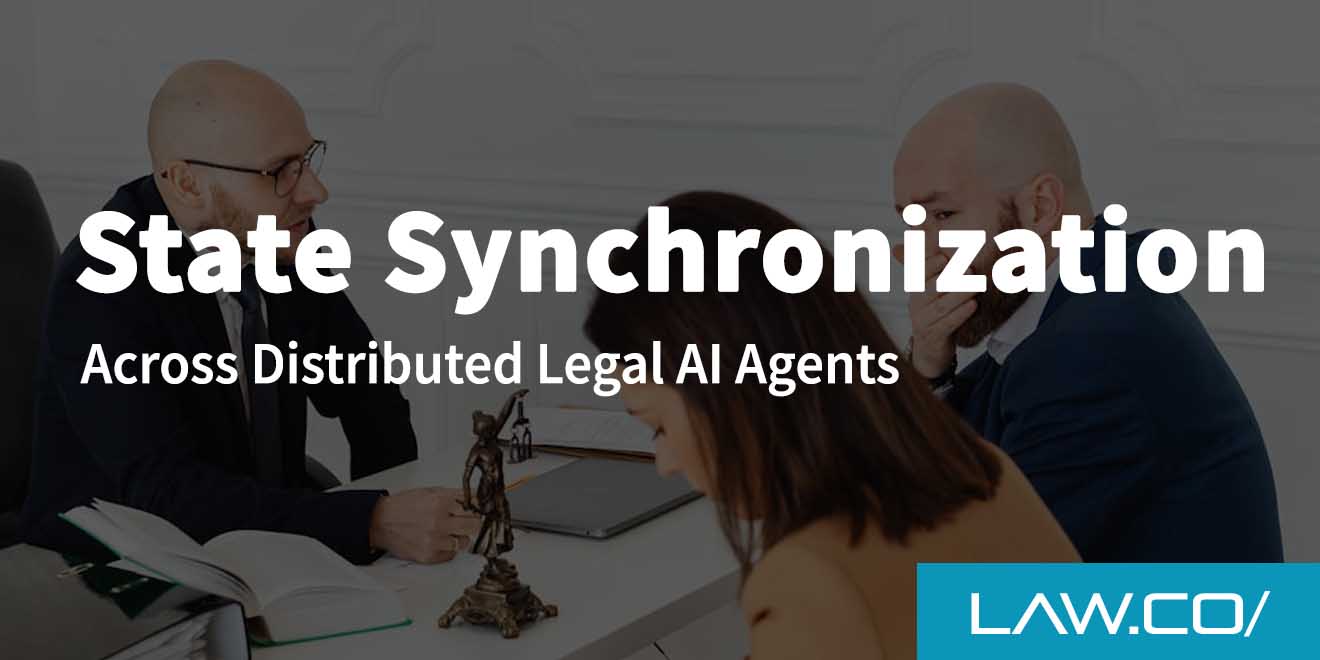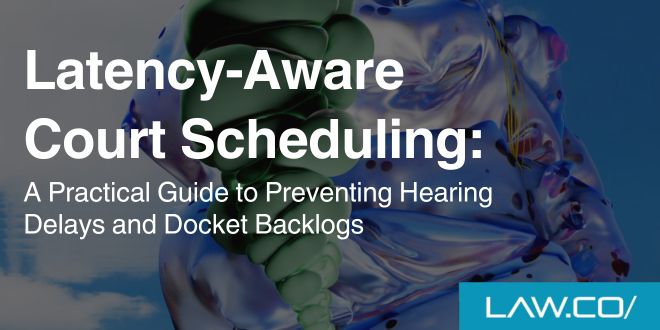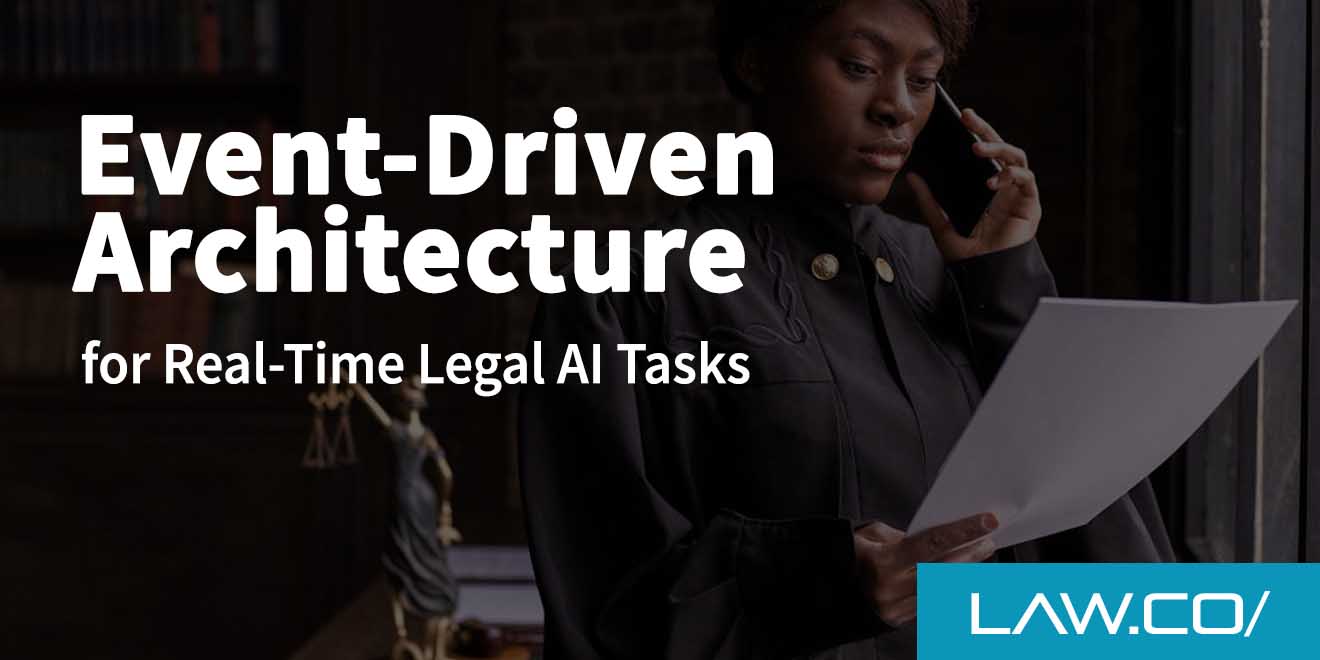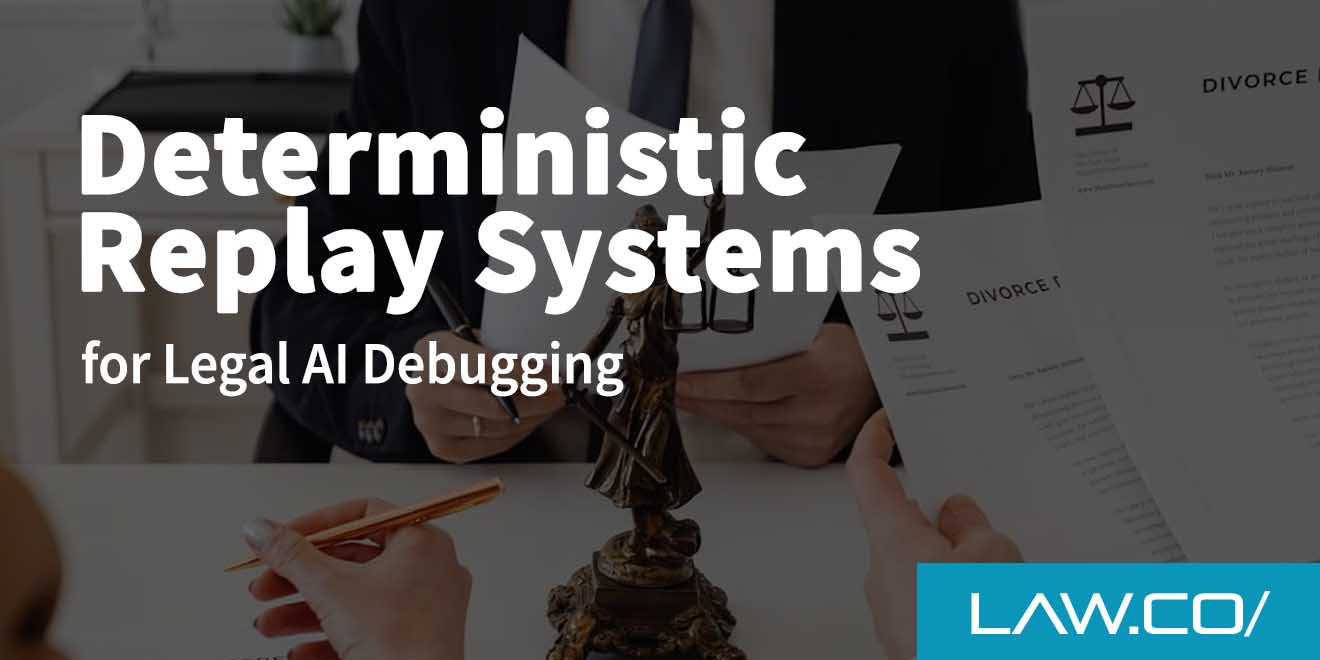

Role of ChatGPT in the Legal Profession
As technology advances and Artificial Intelligence (AI) continues to emerge as a market leader, the legal industry is beginning to understand its vast implications.From general conversation systems such as ChatGPTs and tools like automated legal research centers, AI stands poised to dramatically change how lawyers do business.Fueling this potential revolution are misconceptions that threaten the longevity of law professionals–especially with regard to ChatGPTs potentially replacing traditional lawyers altogether.This article will call attention to those misunderstandings while illustrating how ChatGPTs can do anything but replace experienced attorneys; rather it could enhance their roles in the search for innovative and efficient legal solutions through human-machine collaboration.
Understanding ChatGPT
ChatGPT is an open-source natural language processing (NLP) system that is built on artificial intelligence technology. To generate a response or analysis, ChatGPT draws upon the relevant data sources it was provided during its training process so as to create human-like responses.Training of this upstate NLP model often involves inputting virtual conversations involving varying levels of complexity derived from existing dialogues found in online communication collected over weeks or even months.In simpler terms, this means that the more complex dataset fed into ChatGPT’s learning algorithm allows for its AI algorithms to develop more fluid capabilities within unstructured conversations.
Ability to generate human-like responses

SourceChatGPT is an AI-based language model that is trained on legal information to generate human-like responses. Its functionality rests in its ability to utilize vast amounts of data and a powerful predictive algorithm adapted from how the human brain actively stores and retrieves information.It mimics our understanding of written, spoken, or typed text by modeling interconnections between words, which allows it to produce reasonable responses merging context awareness with knowledge gleaned from its library of source documents.
Limitations of ChatGPT: context awareness and legal expertise
ChatGPT helps automate tedious legal tasks by analyzing documents and detecting patterns in large datasets. As powerful as it is, ChatGPT still has its limitations.It lacks the contextual awareness needed to fully understand the nuances of the law, making it difficult for it to properly identify relevant variables when writing a legal brief.Moreover although ChatGPT can uncover facts faster than a human lawyer, designing and enforcing litigation strategy requires detailed knowledge of cultural values and unparalleled expertise that only humans possess.
ChatGPT as a Legal Assistant
1. Assistance in legal research and document analysis
Utilizing vast legal databases and resources
Legal research and document analysis are key components of the legal profession. Utilizing comprehensive legal databases is both useful and necessary to uncovering relevant case law, statutes, court decisions, and opinions. With ChatGPT's assistance, this task can be highly efficient as AI algorithms can quickly query an enormous expanse of information to find applicable information for specific cases.It can also analyze that information in greater detail than a paralegal or attorney could on their own time constraints. As such, leveraging ChatGPT to pull insights from legal databases can eliminate a great portion of tedious mundane tasks for lawyers, allowing them to focus on more complex tasks that require human judgment.
Analyzing legal documents for relevant information
Legal research and document analysis is a crucial part of any legal practice. Using deep learning techniques, ChatGPT is adept at understanding the meaning behind legal documents and extracting relevant information.Essentially an automated version of manually sifting through pages of text for evidence, ChatGPT can adequately review large amounts of material in a fraction of the time it'd take humans —all while enforcing accuracy and completeness.As with individuals, this analytical ability excludes making judgments that rely on expert experience or founding hard-to-find sources in other databases; however, its existing expertise allows answers to be promptly generated that can provide guidance on important topics areas such as law jurisprudence or criminal justice systems.

2. Automating routine tasks and improving efficiency
Document drafting and proofreading
Document drafting and proofreading are tedious, repetitive tasks that naturally put significant demands on lawyer resources.ChatGPT can remove this workload assisting the legal profession by automating these processes to a significant degree. It is capable of context-based natural language generation in order to write logical and reasonable draft documents, speeding up response time for communication with clients while never missing important details.Similarly, it would be able to analyze existing legal documents, catch potential errors or inconsistencies and flag suspicious strings giving the layer an distinct advantage resources saved can then focus towards more increase accuracy through empirical analysis.The detailed understanding of ChatGPT has been demonstrated to provide greater assurance than traditional redlining techniques, thereby further improving runtime efficiency throughout organization.
Contract review and analysis
Contract review and analysis is one of the most frequent tasks undertaken by lawyers in the legal profession.ChatGPT provides powerful assistance with this task, using natural language processing to quickly identify and extract essential legal information from scientific alliances, mergers, or procurement agreements.Its understanding of jargon allows for more accurate searches that would otherwise be too time-consuming for a lawyer.This efficient approach enormously advanced both the speed and accuracy by which contracts are reviewed making it easier for busy lawyers to manage their workflow and prioritize other important components of their job duties such as providing legal consultation or courtroom advocacy.
Case management and document organization
Automating routine tasks and improving efficiency are areas where ChatGPT can be of great assistance to legal professionals. In terms of case management, ChatGPT’s deep learning algorithms allow for rapid analysis of potential connections between cases as well as intricate track record capabilities.For handling documents, from contract review to diplomatic communication, ChatGPT enables the creation of structured information bases required for efficient document organization.From staying up-to-date with the influx of data related to new rulings or treaties straddling multiple countries to handling caseload cads—ChatGPT has enabled legal professionals in minimizing court filings and correspondence-related admin work drastically.
Ethical Considerations and Professional Responsibility
Ensuring accountability in AI-generated legal work
One of the main ethical considerations when dealing with AI-assisted legal tasks is ensuring accountability in the work generated. Machines are capable of generating a large amount of output quickly, but that does not eliminate the responsibility and diligence a lawyer must take for the quality and accuracy of their client’s work.Software-based tools should be programmed to represent clients accurately, and lawyers should be transparent with their use upon request from a client or ethics committee. Also, transparency guidelines should govern how these programs use client data as determined under agreements between the parties involved.Ultimately, lawyers must make sure that any submitted documents satisfy ethical rules like proper representation or conflict avoidance to maintain appropriate standards for effective justice administration in each specific case.
Addressing bias and fairness concerns in AI algorithms

SourceAddressing bias and fairness concerns in AI algorithms is an important ethical consideration when implementing ChatGPT technology into the legal profession. Artificial Intelligence, and more significantly Machine Learning algorithms can have adverse or skewed outcomes since they are trained on large datasets.In order to prevent biased outcomes due to falsely correlated datasets or predetermined data parameters, it is incumbent upon AI-using professionals to evaluate their datasets regularly and apply principles of fairness, neutrality, and accuracy when training models with these data sets.Additionally, it's prudent for lawyers to look beyond random sample results produced by an algorithm with regard to pricing decisions, research decisions, etc., even if those results seem valid theoretically. Frequent evaluation helps ensure that justice is shown not just randomly but fairly towards all clients regardless of the information available and factors of difference.
Maintaining client confidentiality and data security
Maintaining client confidentiality and data security is of the utmost importance to lawyers as part of their ethical responsibilities.The unauthorized disclosure of confidential information, either by a lawyer or an automated tool such as ChatGPT can have devastating consequences on clients or the legal process. In using AI for document review and analysis, lawyers need to ensure that all confidential data is properly protected with appropriate IT safety protocols in place.
Upholding the duty of competent representation
In the legal profession, practitioners have an ethical responsibility to provide competent representation to their clients. The duty of competent representation requires attorneys to have the knowledge and skill expected of a reasonably qualified practitioner in providing legal services for his or her client's needs.ChatGPT can improve lawyers' competence by being used as research assistance -- optimizing research capabilities and gathering information from large databases quickly and efficiently.
The Future of the Legal Profession
Shifting roles and responsibilities of lawyers
The legal profession is undergoing a paradigm shift with the prevalence of new technologies.Increasingly, lawyers are shifting their focus from traditional duties such as billable hours and case management to areas such as consulting services driven by technology innovation and maximizing the efficiency of the practice.Lawyers will have new roles related to data analytics, and artificial intelligence use cases including ChatGPT, document drafting, collaborations between humans and AI fusions ensuring compliance assurance, and contract lifecycle management.
Embracing AI as a tool for professional growth

SourceThe legal profession is rapidly evolving, and one of the biggest and most influential changes is going to be the adoption of artificial intelligence (AI).By embracing AI, professionals in this field can learn how to optimize their practices and further expand their skills but without losing any important core values.In other words, they can increase efficiency without making any sacrifices. Furthermore, incorporating ChatGPT into existing systems will lead to process changes that make operations easier for both clients as well as lawyers giving them an edge over competitors.
Potential impact on legal education and training
AI technology, such as ChatGPT, can have a tremendous impact on legal education and training.With ChatGPT's broad access to material and its capability for learning large sets of data rapidly, students will no longer face considerable challenges in completing activities within their curriculum.Furthermore, the combination of instructors' expertise with existing AI tools brings an unprecedented level of proficiency to the practice of law.Simulations mapping cutting-edge AI advances could be utilized within classes allowing tailored instruction so students understand how specific cases would play out if using certain kinds of technology.
Adapting to technological advancements while preserving core values
As technological advancements continue to manifest in our society, many industries are looking to leverage such advancement for their own success.Legal professionals must look for ways in which they can adapt to this rapid change while staying rooted in the practices and core values that established their roles/positions prevailed them.To this end, lawyers will need to acquire new knowledge and understanding of AI platforms as well as identify awareness related to any ethical considerations in the changes.
Conclusion
ChatGPT is an AI technology capable of providing legal professionals with unprecedented intervention and assistance in a variety of areas.Although there exists a misconception that the emergence of ChatGPT will render lawyers obsolete, in reality, it possesses many limitations due to its lack of expert knowledge and context awareness while offering timely support on mundane or administrative tasks. Consequently, ChatGPT acts more as an enhancement than a replacement for legal services.It is thus essential that lawyers acknowledge generative AI and ChatGPT’s capabilities and harness its elements to reinforce proficiency aided by its assistance apart from expanding communication capacities with the aim of revolutionizing tedious operations inside courts resulting in contributions never seen before.

%201.svg)










